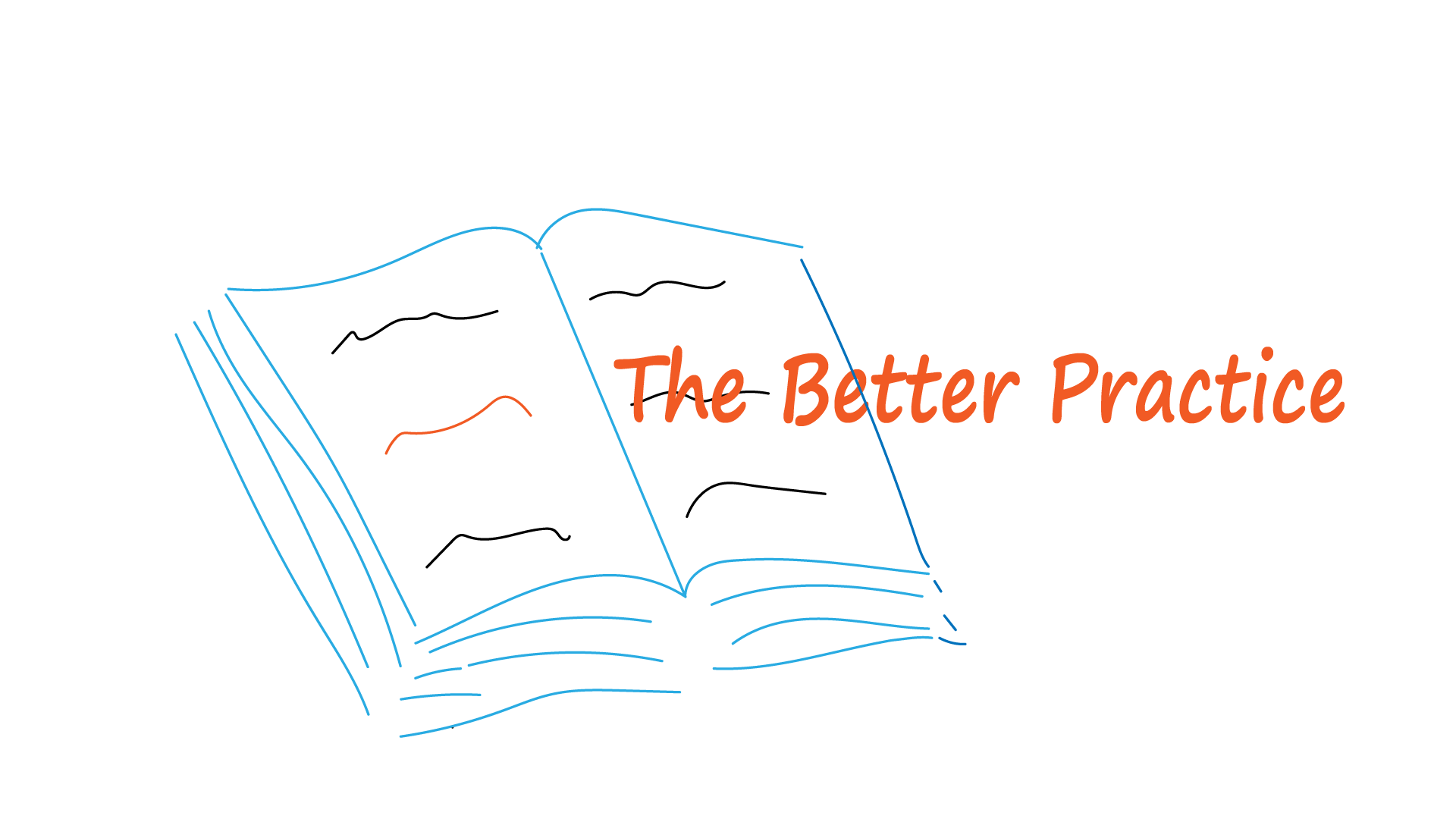Judicial Bullies

Our North Carolina Code of Judicial Conduct states the following regarding the behavior of a Judge to those who appear in front of them:
- (3) A judge should be patient, dignified and courteous to litigants, jurors, witnesses, lawyers and others with whom the judge deals in the judge’s official capacity, and should require similar conduct of lawyers, and of the judge’s staff, court officials and others subject to the judge’s direction and control.
The North Carolina Judicial Code of Conduct mirrors much of the Federal Code of Conduct for United States Judges. However the Federal Code of Conduct has attached Canons that help further interpret the Code’s rules. The Federal Code further explains how the Code prohibits certain behavior of Judges to those who appear in front of them:
- Canon 3B(4). A judge should neither engage in, nor tolerate, workplace conduct that is reasonably interpreted as harassment, abusive behavior, or retaliation for reporting such conduct. The duty to refrain from retaliation includes retaliation against former as well as current judiciary personnel.
- Under this Canon, harassment encompasses a range of conduct having no legitimate role in the workplace, including harassment that constitutes discrimination on impermissible grounds and other abusive, oppressive, or inappropriate conduct directed at judicial employees or others. See Rules for Judicial-Conduct and Judicial-Disability Proceedings, Rule 4(a)(2) (providing that “cognizable misconduct includes: (A) engaging in unwanted, offensive, or abusive sexual conduct, including sexual harassment or assault; (B) treating litigants, attorneys, judicial employees, or others in a demonstrably egregious and hostile manner; or (C) creating a hostile work environment for judicial employees”) and Rule 4(a)(3) (providing that “cognizable misconduct includes intentional discrimination on the basis of race, color, sex, gender, gender identity, pregnancy, sexual orientation, religion, national origin, age, or disability”).
Even though we have rules that are supposed to guard against such behavior that, unfortunately, all too often emanates from the bench, the subject of judicial bullying is very much a consistent, persistent, and looming problem.
What is “judicial bullying”? Surprised you have not heard of the term yourself? Well, that is not surprising as most of the literature on judicial bullying seems to come from without the United States. Most of what I could find about the subject of judicial bullying (including those definitions) hails from Australia and the United Kingdom. The subject of judicial bullying is very much being talked and written about from our friends down under. So what is judicial bullying? Well, I couldn’t find a comprehensive definition, but judicial bullying seems to be the following:
- Consistent and persistent judicial behavior involving a power imbalance between the perpetrator and the victim that encompasses directed intimidation, sarcasm, hostility, unreasonable impatience, discriminatory remarks, outbursts of temper and conduct whose primary purpose is to cause distress, discomfort, and humiliation. It is conduct whose purpose seems to lack any real appropriate judicial or legal purpose other than to exact abuse upon the recipient.
It is difficult for practitioners to speak about judicial bullying due to the very real threat of retribution and retaliation from the Bench for doing so. Attorneys practicing in court, unlike other American workers, do not have the protection of any federal employment workplace law when these instances occur. The courtroom judge is not an attorney’s employer under applicable federal law. Therefore, attorneys practicing in court cannot turn to the Equal Employment Opportunity Commission (EEOC) for help.
So victims of judicial bullying have very few options for help. While our North Carolina Code of Judicial Conduct proscribes that attorneys may turn to the North Carolina Judicial Standards Commission for help in the form of making a formal complaint, the reality is that the Judicial Standards Commission reprimands very few judges for bullying type behavior. In a University of North Carolina at Chapel Hill School of Government Administration of Justice Bulletin titled “What Gets Judges in Trouble” the statistics for those actions taken by the Commission and or the Supreme Court of North Carolina are detailed (https://sog.unc.edu ,last accessed February 10, 2024). The Bulletin briefly summarizes those matters the Commission took up and entered orders of removal, censure, suspension and public reprimand. Most of these cases represent the most egregious of conduct. These are those instances where the Court’s behavior was tantamount to other violations of law. However there were two cases where Judges were censured solely for what may be characterized as judicial bullying behavior. One of those cases involved a Judge directing their bullying behavior at an attorney, In re Bullock, 324 NC 320, 377 S.E. 2nd 743 (1989). The other involved the Judge directing their bullying behavior at one or more litigants, In re Griffin, 320 NC 163, 357 S.E. 2d 682 (1987). While there is some relief that the Commission will entertain allegations of bullying behavior from the bench, the fact there were only really two instances over the last fifty plus years where such actions were addressed is severely troubling. Numbers like that don’t inspire victims of judicial bullying to come forward and talk about their oftentimes traumatizing experiences. Therefore, it stands to reason, that members of the bench are able to continue on in this impermissible conduct with wanton abandon. No one is going to say anything and if they do, the statistics show that nothing will be done about it.
Why is judicial bullying a problem for the profession? The Supreme Court opinions detailing the censures of judges for such conduct cite Cannons 2 and 3 as those rules that are supposed to address why such behavior is problematic for the profession. Specifically, such conduct “is prejudicial to the administration of justice” and brings the judicial office into disrepute, In Re Griffin, 320 NC 163, 347 S.E. 2d 682 (1987). In short, it gives us all a bad rap. It makes us all look bad. But there is the additional deleterious consequence to such behavior on which the rules are silent. Judicial bullying serves to degrade the mental and psychological health and fitness of those practitioners who are victims. Victims of judicial bullying, like any other victim of abuse, can become highly vulnerable to increased instances of depression, anxiety, hypervigilance and inappropriate coping mechanisms. If an attorney is continually bullied by the Judge in front of whom they practice, it is inevitable that that attorney will experience additional stress, extreme hesitancy in fiercely advocating for their client or position (censorship), fear that the Judge will prejudice their client, and hopelessness that whatever they do, will be met with hostility, anger and abuse. It has the real potential to severely limit the administration of justice.
Recently there was a very sad case of a young college administrator at the historically black college Lincoln University of Missouri that showcases how dangerous workplace bullying can be. Antoinette “Bonnie” Candia-Bailey took her own life in January of this year after what she characterized as months of harassment, bullying and differential treatment. Candia-Bailey wrote a letter just prior to her death where she described how her boss treated her and how it severely negatively impacted her ability to function in the workplace. It is clear from this case how bullying behavior at work had a significant negative impact on a person’s mental health. What is unclear is with what mental health difficulties, if any, she was already dealing. However, I don’t think it is unfair to state despite what pre-existing mental health struggles she may have had, a workplace filled with abuse, hostility, and subjugating behavior was an unfair situation with which she had to additionally deal. It is reported that Candia-Bailey actually did reach out to Human Resources for help and tried to pursue other avenues to obtain some type of assistance for what was happening to her. But all those efforts were met with rejection and declinations to intervene. It is really unfortunate that it is only with her death that she got someone’s attention about the problems she was facing with her boss. However sad this case, Candia-Bailey at least had the option of going to Human Resources and the Board of the college about what was happening to her. Attorneys practicing in court where the perpetrator of the bullying is the presiding judge don’t have that option.
Attorney’s taking their own lives due to judicial bullying is not unheard of. In 2010 in Australia there was a case in which a young attorney jumped to her death just weeks after being publicly berated by a magistrate. The instance when she was berated by this magistrate was on the record, recorded and transcribed. Local attorneys reported knowing of the incident in court. An investigation into the allegations of misconduct of the magistrate was subsequently opened.
In my research for this post, I came across a Reddit thread titled “Thoughts on Judicial Bullying?” where many Australian practitioners posted comments and their experiences with being bullied by judges and magistrates. Two posts in particular struck me. One post by “Agent Knitter” talked about the idea of us attorneys being “punching bags” for judges. The other post, by “Ladder Fucker”, so eloquently described how judicial bullying causes the practitioner to have to strive for “120% perfection” even in the most routine of matters due to the anxiety of appearing in front of a bullying judge. Talk about an unreasonable expectation imposed. Both posts and more can be found at https://www.reddit.com/r/auslaw/comments/17jpmgk/thoughts_on_judicial_bullying/ (last accessed February 11, 2024).
We attorneys are continuing to suffer from higher instances of alcohol/drug abuse, depression, anxiety and suicide. I cannot imagine that judicial bullying plays zero part in this statistic. While we here in North Carolina have the Lawyers Assistance Program to help us deal with the mental health consequences of judicial bullying, there doesn’t seem to be any real solution on prevention. And I haven’t even delved into the effects on those who witness it. How can our clerks, court reporters, and bailiffs be unaffected when they see such abuse being inflicted on those with which they often work? I don’t think that is reasonable to think that the toxic consequences of judicial bullying are only relegated to attorneys who experience it.
All around, judicial bullying is a caustic stain on our profession that only serves to reduce what we do to a Jerry Springer show (or if you liked Maury, eh, perhaps that is less distinguishable). While it is understandingly terrifying for those victims to stand up and say something about it, we all have a duty and responsibility to at least call it out when it happens; and not excuse the perpetrator.
*Image Credit:5899688 © Patrimonio Designs Limited | Dreamstime.com

